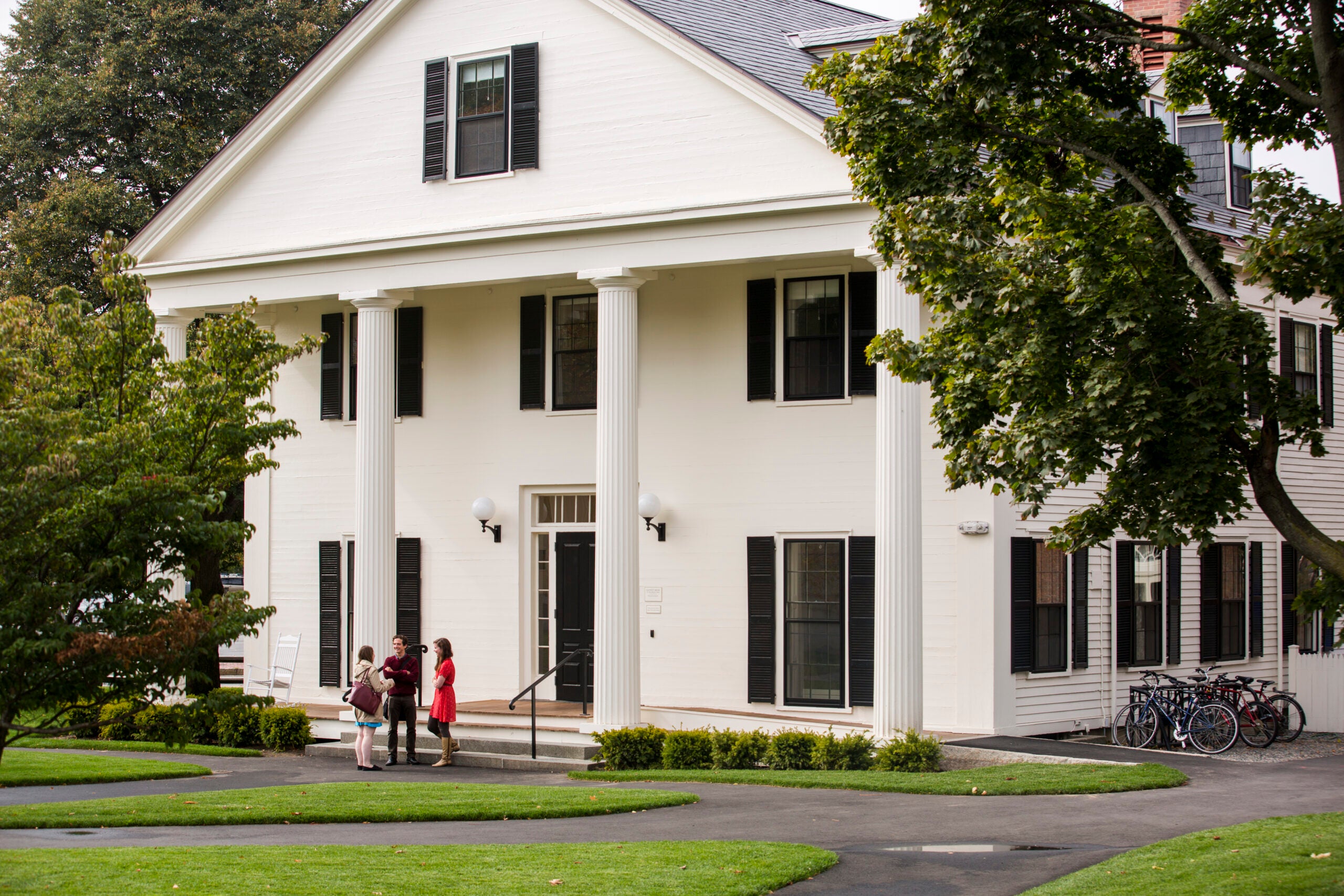The Harvard Law Review has announced that Louis W. Fisher ’16 has been selected as the inaugural Public Interest Fellow. He will spend a year working at the NAACP Legal Defense and Educational Fund, Inc. (LDF) and will have the opportunity to have a short piece relating to his work considered for publication in the Law Review’s online Forum at the end of the year.
Said Law Review President ImeIme Umana: “Louis is an extraordinary individual. From his work at the Harvard Legal Aid Bureau to his progressive legal scholarship about spurring local grassroots activism for racial and economic justice, we are thrilled to be assisting with the beginning of his bright career. Our goal in launching this fellowship was to bridge the divide between legal scholarship and legal practice for the common good, and we look forward to seeing what Louis will accomplish.”
Fisher, a 2016 graduate of Harvard Law School, is a former Teach For America corps member and most recently clerked for Judge Paul Oetken and Judge Stephen Reinhardt. He chose to work at LDF “because the eradication of racial oppression is morally incumbent upon our nation, and I believe that both creative litigation strategies and critical legal scholarship play an essential role, separately and in tandem, in satisfying that imperative.”
Fisher was selected by a committee of Law School professors from a pool of 3L students and recent graduates with a demonstrated interest in both public interest work and legal scholarship. The Law Review played no role in the selection process.
The Harvard Law Review announced the creation of the public interest fellowship in May. The fellowship enables one recent Harvard Law graduate to spend a year working within a nonprofit organization, the government, or another institution in the public interest. The fellow will receive a $65,000 stipend and healthcare benefits.
The Harvard Law Review is a student-run organization whose primary purpose is to publish a journal of legal scholarship. For more than 130 years, dating to the work of Law Review co-founder Justice Louis Brandeis LL.B. 1877, the Law Review has had a tradition of supporting scholarship in the public interest.
